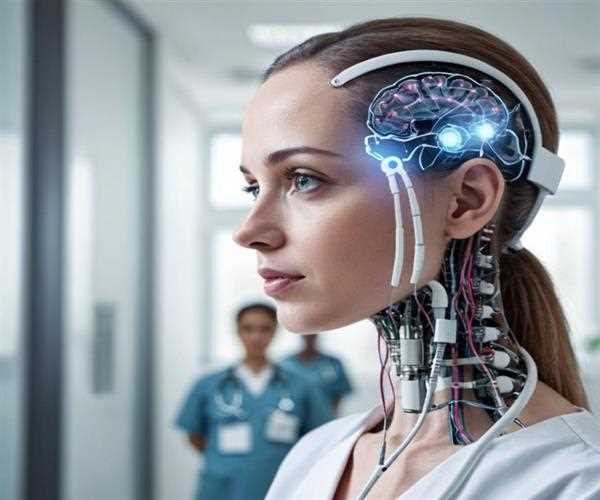AI is applying a positive social impact in the field of healthcare since it is used for accurate disease diagnosis and treatment. Applying the methods of artificial intelligence, information is reviewed, correlations are found, and diagnostics are refined. It helps identify diseases at an early stage, decreases human mistakes, and enhances better patient-tailored treatment approaches that ultimately improve patient care throughout the globe.
AI positively impacts health by diagnosing diseases such as cancer and stroke from imaging scans. It accurately interprets X-rays, MRIs, and CT scans, and its diagnosis can be more effective than those of radiologists. This means that by identifying early signs of disease, treatment time is reduced, better diagnosis is made and prompt treatment is given to the patient as compared to normal speed which may lead to more misdiagnoses, hence enhancing the efficiency of the whole health system.
Predictive analysis under artificial intelligence evaluates the patient history and genetic probability of their health crisis. It predicts disease outcomes and thus helps in the prevention of diseases such as diabetes, and heart disease among others. This orientation has an impact on lessening hospitalization, improving the idea of disease control as well as equipping the health sector with the requisite capacity to better the well-being of its patients.

AI also plays the role of treatment planning because treatment can be adjusted according to the patient’s conditions and genetics. Precision medicine is a type of medicine that improves the outcome, and at the same time, reduces the negative effects. Besides, it makes the identification of compounds that can be used in drug development quicker than other methods to increase the number of available treatments and increase the likelihood of favorable medical outcomes.
Despite this, there are certain drawbacks that hound the practice of AI in healthcare, such as privacy issues and GGates-type bias in algorithms. To some degree, human intervention will always be necessary for reliability and prevention of bias. They found that as artificial intelligence is being adopted, it will even cause revolutionary advancement in disease diagnosis and treatment and subsequently improve the efficiency and focused patient centeredness of healthcare.
Conclusion
Artificial intelligence has undoubtedly made a significant impact on healthcare through advancements in diagnosis and treatment. They help in increasing efficiency, reducing errors, and giving patient-oriented approaches in the circumstances of their health. Despite these questions related to ethics, AI will only advance in health care to improve its efficiency over time, where decisions will be made quicker, more accurately, and specific to the patient's needs.